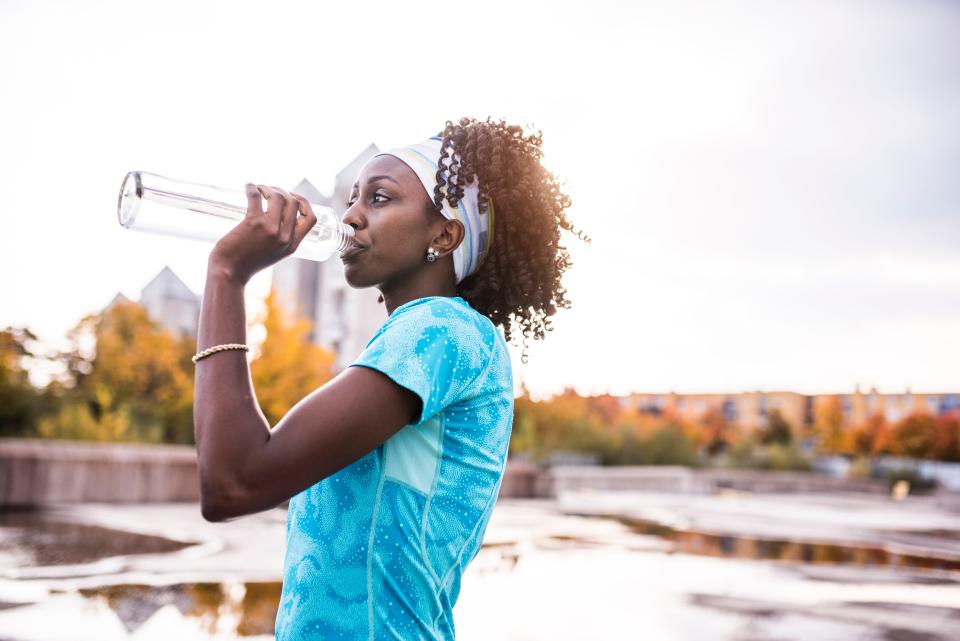Your Health: Extreme temperatures are here. Water is the best way to fight dehydration
Summer is here and most of us are excited to be outdoors. It is the time of the year where we enjoy camping, hiking, summer picnics, outdoor sports and, in general, the great outdoors.

Recently at my book club meeting, a friend was sharing with me her glorious and strenuous hike on a trip. She shared with me that the second day into the hike; she became confused and disoriented accompanied with nausea and dizziness. These are classic signs of dehydration, and if not treated quickly can be very scary and lead to being hospitalized. Luckily, she was with another hiker and they were able to safely get back to their hotel and get medical attention. My hope with this article is that you are able to recognize the signs and symptoms of dehydration and quickly treat if able.
Dehydration is simply defined as a condition in which your body has lost more fluid than you have taken in. Dehydration can be mild or severe; the severity depends on whether you will treat at home or seek medical care. You can treat mild dehydration at home.
More summer health tips: Tips and tricks on preventing, treating tick bites
Mild symptoms include feeling thirsty, feeling tired, nausea, dizziness, dry mouth, lips, and eyes and dark urine. Severe symptoms include rapid heart rate, rapid breathing, low blood pressure and sunken eyes. Anyone can be dehydrated but some people are at greater risk of dehydration such as babies, the elderly and pregnant people. People working for long periods of time outdoors and those living at high altitudes also are at risk. Excessive diarrhea and vomiting can also lead to dehydration.
Prevention and treatment are key in dehydration management. Prevention includes drinking plenty of water. Yes, it is that simple. If you are extremely active, drink plenty of fluids and fluids with electrolytes.

This is the time of the year where children are very active outside — make sure they are staying hydrated. If you aren’t very active, the recommendation is to drink eight full glasses (8 ounces) of water daily. Wear cool clothes during the summer months. Treatment includes rehydration, treating the vomiting and diarrhea and in the most severe cases, IV fluids that can only be given at the hospital. If you or someone else has mild dehydration, replenish your body with fluids that have electrolytes such as Pedialyte. If that is not available you can make a homemade rehydration solution that includes: ½ teaspoon salt, 6 teaspoons sugar and 1 liter of water (be absolutely certain you are measuring correctly, too much or too little can be harmful). Avoid alcohol, caffeine and overly sweet drinks. Untreated dehydration can lead to heat stroke, seizures and kidney failure.
This summer, think about bringing a bottle of water wherever you go just to be safe. Hiking and camping and many other summer activities can be very fun but can quickly turn dangerous if someone is dehydrated.
Hope you enjoy this summer and stay hydrated!
Krutika Simon is a pharmacist based in Bloomington with a focus on health and wellness and specialty medications. You can contact her at KrutikaSimon@gmail.com.
This article originally appeared on The Herald-Times: Avoid dehydration during hiking, camping and extreme heat

